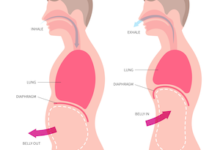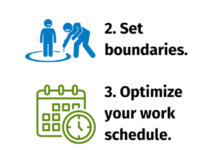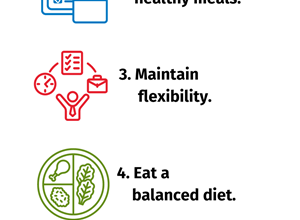Nurses – Are you Journaling? You Should Be!
How many times have you heard – or even said – “If it’s not documented, it wasn’t done”? Consider that statement related to your own experiences. We know that reflection and debriefing are important for nursing students, but what about us “more experienced” nurses? What are the benefits for our well-being and growth? Can we consider journaling our personal “documentation” that reinforces what happened and how we felt about an experience?
Why journal?
Journaling involves writing down experiences and thoughts, as well as any related insights. It’s a private conversation, a safe place to express oneself without disapproval or judgement. The health benefits are numerous and include reduced stress and anxiety, lowered blood pressure, and improved immune function.
Getting started and sticking with it
Like any self-care regimen, getting started is often the hardest step. Here are some tips to help:
- Write every day. Add journaling to your daily to-do list.
- Keep it simple. A few minutes is all it takes. The time commitment and costs are low.
- Journal at the right time for you. It doesn’t have to be long or at the same time each day, though it may be easier to write and reflect at set times, such as with your morning coffee or as you wind down in the evening.
- Write about whatever makes sense to you. Is it something that happened to you today? Or perhaps how someone or something made you feel? A letter to someone? Something you are grateful for?
- Choose a journal prompt when you are unsure what to write about. Some examples include, “I want to be…,” “Remember when…,” or “I can’t believe….”
Gratitude journals
Gratitude is the quality of being thankful, the readiness to show appreciation, and to then return that kindness (Cumella, 2022). A grateful disposition can turn even the most negative situations into more positive experiences as it forces us to shift our thinking and consider a different perspective. Writing down two to three things each week for which you are grateful is an easy way to start. It’s a realistic intervention that is often therapeutic and is a step in the right direction toward focusing on positivity, especially when times are tough.
Consider sharing your stories
As you become more experienced and comfortable with your writing, consider sharing your nursing stories with others! In this interview with Linda Honan from Yale University School of Nursing, she explains the development and importance of the creative writing ward at Yale University School of Nursing, and at the University of Pennsylvania School of Nursing, the annual Nursing Story Slam is an event where nurse storytellers can share their “true, personal stories that explore the breadth, depth, and diversity of nursing.” Writing for publication and speaking at nursing and public events are ways to share your experiences and educate those around us about the important work we do as nurses.
Do you journal? Please share your ideas and advice!
References:
American Nurses Association. (2021, June 22). Ways to use journaling to unwind and de-stress. https://nursefocus.org/ways-to-use-journaling-to-unwind-and-de-stress/
Cumella, K. (2022). Gratitude journals can improve nurses’ mental well-being. Nursing2022, 52(12), 58-61. https://doi.org/10.1097/01.NURSE.0000884760.97338.8b
Dimitroff, L. (2018, November 30). Journaling: A valuable tool for registered nurses. American Nurse. https://www.myamericannurse.com/journaling-valuable-registered-nurses






